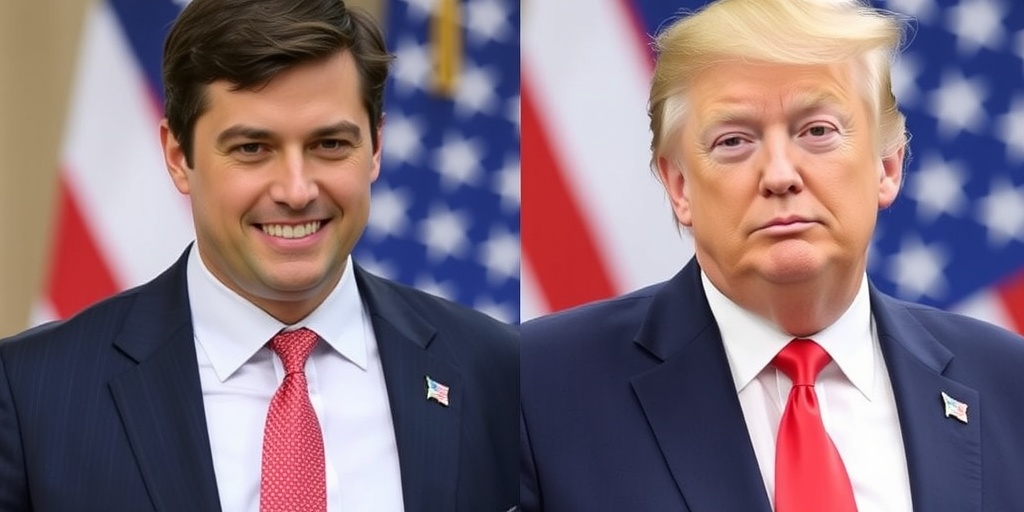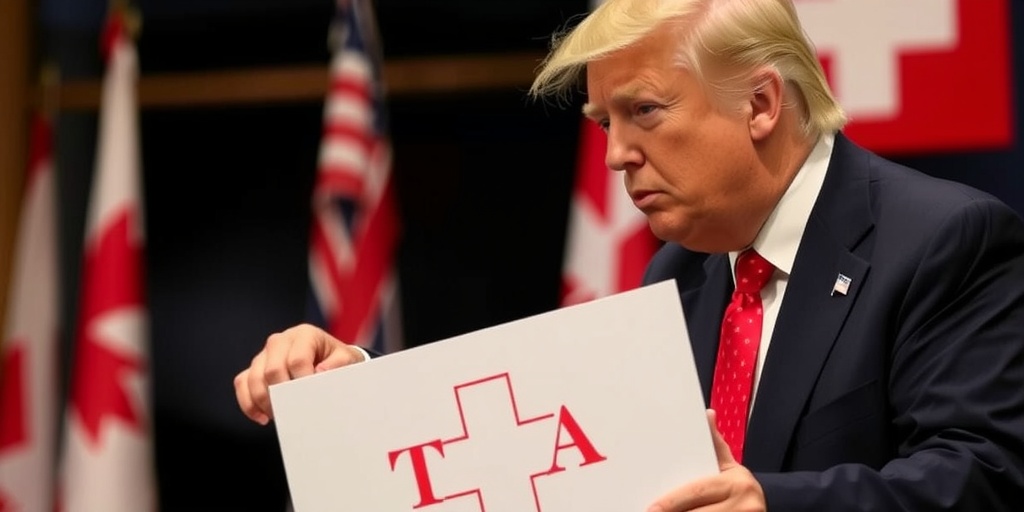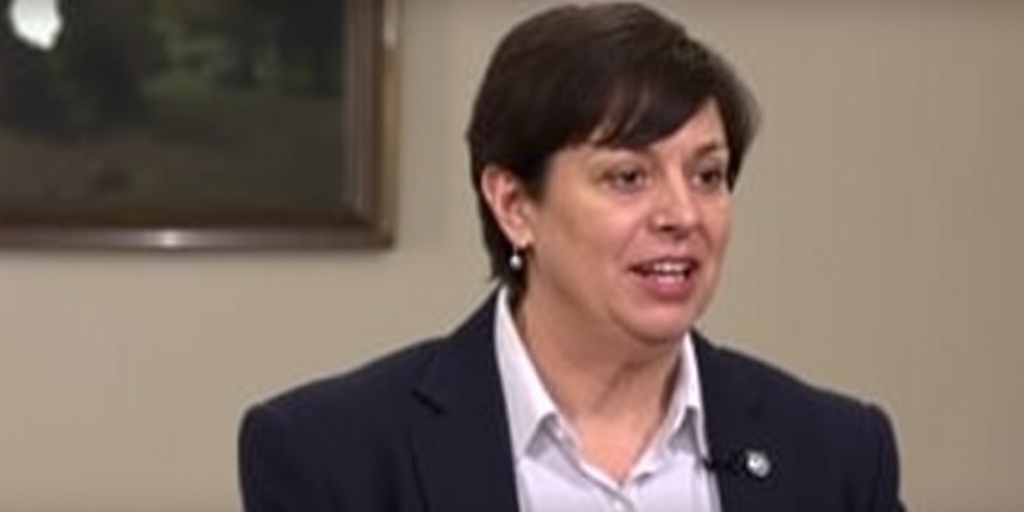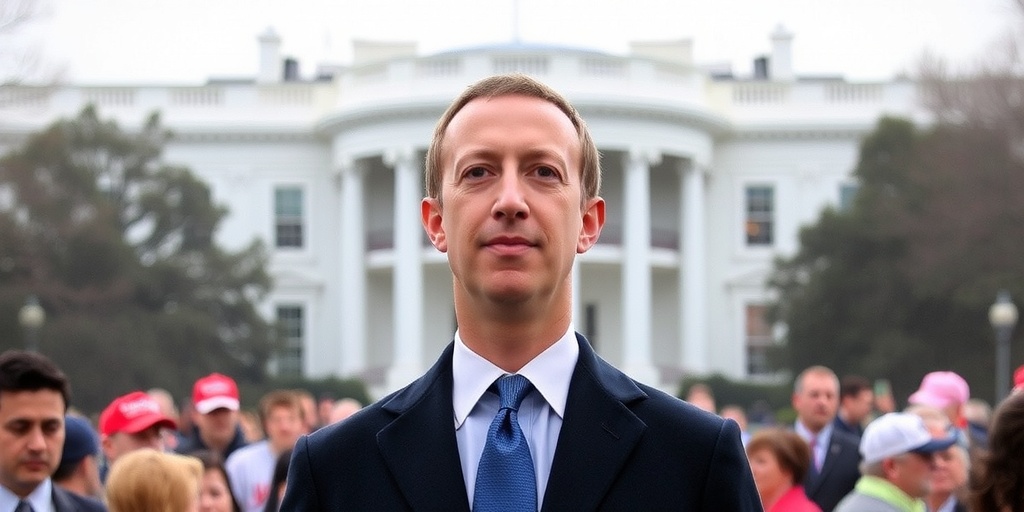Now Reading: Rubio Targets ‘Axis of Anger’: China, Russia, North Korea, and Iran
-
01
Rubio Targets ‘Axis of Anger’: China, Russia, North Korea, and Iran
Rubio Targets ‘Axis of Anger’: China, Russia, North Korea, and Iran
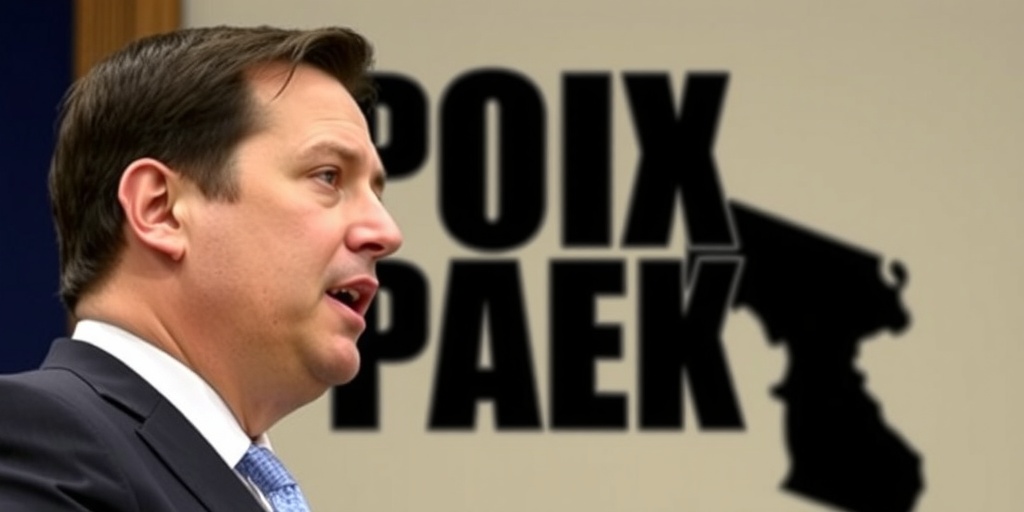
Marco Rubio: A Modern Cold Warrior Facing Global Challenges
Senator Marco Rubio has stepped into the role of a modern-day Cold Warrior, viewing the landscape of international relations through a lens that reflects the historical tensions of the Cold War. Unlike the era characterized by the stark divide between the United States and the Soviet Union, Rubio now perceives an intricate web of nations collaborating to undermine American influence in the 21st century. This coalition primarily includes China, Russia, North Korea, and Iran—collectively dubbed by some policymakers as an "axis of anger," drawing upon shared grievances and anti-American sentiment.
Rubio’s tenure in the Senate has been marked by a staunch opposition to the Chinese Communist Party. As Rubio eyes a potential role as Secretary of State in a future administration, especially if he aligns with President-elect Donald Trump’s foreign policy vision, a significant aspect of his agenda would likely focus on fortifying U.S. alliances in Asia. This approach aligns with the strategic priorities established during President Biden’s administration, which sought to deter Chinese expansionism through strengthened partnerships with regional allies.
However, the challenge for Rubio lies in navigating the contrasting views held by Trump, who possesses a deep skepticism toward traditional alliances. Trump has accused countries like Japan, South Korea, Taiwan, and the Philippines of being "free riders," relying disproportionately on American military support for their defense. As Rubio contemplates U.S. foreign policies, he will need to determine how to balance these divergent perspectives and engage effectively with allies under the looming shadow of Chinese hegemony.
Adding complexity to Rubio’s diplomatic portfolio is the strained relationship with China, particularly following the sanctions imposed on him in 2020 due to his vocal opposition to Beijing. It remains uncertain whether Rubio would continue the Biden administration’s strategy of maintaining high-level communications with Chinese officials. Nevertheless, he is expected to leverage the State Department’s sanction capabilities against Chinese leaders, pursuing increased measures against Beijing as part of his broader foreign policy agenda.
Another formidable adversary on Rubio’s radar is Russia, a nation he views as a critical threat to American interests. However, his voting record reflects a complicated stance. Last year, he voted against a bill that aimed to provide substantial military aid to Ukraine, aligning instead with Trump’s anti-Ukraine sentiment. If appointed as Secretary of State, Rubio may direct his diplomatic corps to engage in negotiations regarding the ongoing conflict between Ukraine and Russia, seeking pathways to de-escalation despite his past positions.
Rubio’s approach towards North Korea presents an additional challenge. Throughout the Biden administration, North Korean leader Kim Jong-un has shown little willingness to cooperate diplomatically over his advancing nuclear weapons program. Although Kim and Trump engaged in several historic summits during Trump’s presidency, these talks fell short of reaching any substantive agreements. As tensions rise, North Korea has recently begun assisting Russia in its military efforts against Ukraine, complicating the geopolitical landscape further. Rubio will need to devise a strategy to address this growing threat while navigating the implications of past failed U.S. policies on North Korean diplomacy.
Lastly, Iran remains a critical focal point in Rubio’s foreign policy considerations. While Tehran does not currently possess a nuclear weapon, U.S. intelligence suggests that it could enrich uranium to weapons-grade levels rapidly, posing a significant threat to regional and global security. With U.S.-led sanctions driving Iran toward a potential willingness to negotiate its nuclear ambitions, Rubio’s influence will be pivotal in determining whether the U.S. will re-engage in diplomatic discussions.
In addition to these geopolitical issues, Rubio will also face pressing humanitarian and diplomatic challenges in the Middle East. Following Antony J. Blinken’s tenure, he would take over discussions surrounding a potential ceasefire agreement between Israel and Hamas amidst the ongoing violence in Gaza. The devastation caused by Israel’s military operations in the region requires careful diplomacy, and Rubio may find himself advocating for plans that address the needs of Palestinian residents in a post-conflict Gaza.
As Rubio contemplates his prospective role in shaping U.S. foreign policy, his navigation of these complex international dynamics will be crucial in addressing both the challenges posed by adversarial nations and the broader implications for American power and influence on the global stage. The interplay of alliances, threats, and diplomacy will set the course for how America engages with the world in the years to come, and Rubio’s Cold Warrior ethos will be instrumental in this unfolding narrative.
Stay Informed With the Latest & Most Important News
Previous Post
Next Post
-
 01New technology breakthrough has everyone talking right now
01New technology breakthrough has everyone talking right now -
 02Unbelievable life hack everyone needs to try today
02Unbelievable life hack everyone needs to try today -
 03Fascinating discovery found buried deep beneath the ocean
03Fascinating discovery found buried deep beneath the ocean -
 04Man invents genius device that solves everyday problems
04Man invents genius device that solves everyday problems -
 05Shocking discovery that changes what we know forever
05Shocking discovery that changes what we know forever -
 06Internet goes wild over celebrity’s unexpected fashion choice
06Internet goes wild over celebrity’s unexpected fashion choice -
 07Rare animal sighting stuns scientists and wildlife lovers
07Rare animal sighting stuns scientists and wildlife lovers













